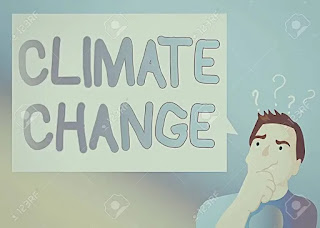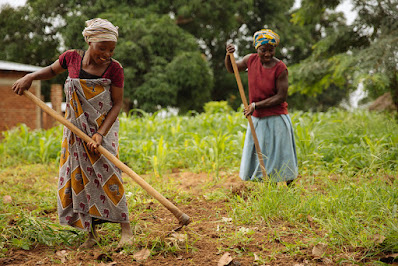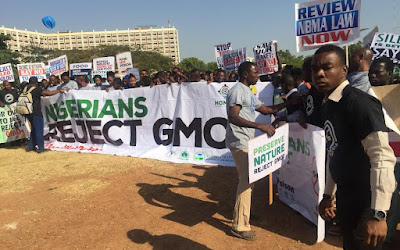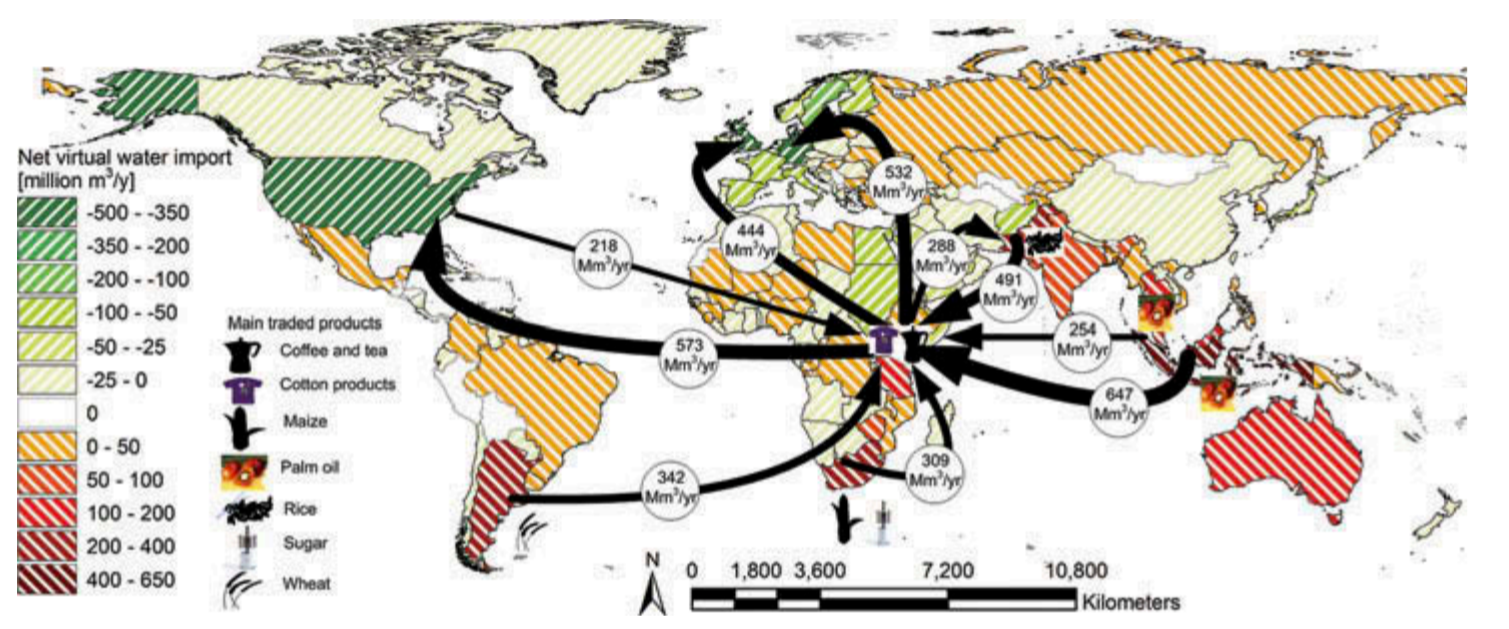Climate Change? Action First!
The current water challenges in Africa are significantly more complicated than merely using WATER SCARCITY to summarize, so as the future conditions under projected climate change. However, some studies claim that there is "no need" to solely focus on climate change effects. So does climate change really matter to Africa's water resources?
Climate change has long been a focus of discussion and researches about Africa's water resource management. Due to its possibility to amplify the already high variability in rainfall and river flows, climate change threatens to put greater strain on the continent's water supply. Future climate conditions are expected to change the "timing, distribution and quantity" of water resources (Goulden et al., 2010), making some places drier and others wetter (Kundzewicz et al., 2007). It's projected that the water stress of the total African river basin area will increase by over 62.0–75.8% (Alcamo et al., 2007). This will certainly worsen regulatory issues for African water management, particularly for international river basins and lakes, which account for over 90% of Africa's surface freshwater resources (UNDP, 2006).
Climate change estimates largely agree that mean annual and seasonal temperatures are rising across the continent, although various precipitation trends are emerging in different sub-regions (Table 1). The majority of models predict wetter weather in West and East Africa, whereas drier conditions in Southern Africa and the Sahara. The effects of climate change on surface water supplies vary by different region. By 2050, runoff in Southern and North Africa is expected to decrease, while the river flows in eastern equatorial Africa is expected to grow by 20-40%. Overall, future climatic conditions are anticipated to exacerbate the vulnerability of already susceptible semi-arid and arid regions.
Table 1: Projected changes in mean temperature and precipitation between present-day and 2080s. Summarized by Goulden et al., 2010.
However, although climate change forecasts may be able to estimate future climatic trends, it's almost impossible for them to precisely predict future hydrological conditions in Africa or any of its sub-region. Climate change adaptation planning generally applies certain climate change scenarios, but scenario approaches can be problematic since their credibility is difficult to evaluate and they may underestimate the whole range of possibilities. Complex global climatic interconnections and a scarcity of high-quality observational data could further increase the uncertainty of climate change projections (Rowell & Chadwick, 2018). These uncertainties could further impose decision making challenges for African countries.
It is suggested by some experts that controlling present seasonal variability might be a better step forward for African countries than focusing solely on future climate change implications. High seasonal and interannual fluctuation are commonly found in many African countries' climatic and hydrologic conditions, which may be even more intense than overall climate change.
Personally, I agree with the opinion stated
in African Climate Report (2004) – "whether these (climate adaptation) proposals
directly address climate variability or climate change is immaterial – they
address both". Overall, notwithstanding the uncertainty surrounding climate
change projections, African nations should establish climate change/variability
resilience frameworks in order to improve future water resource management and
human development.





评论
发表评论